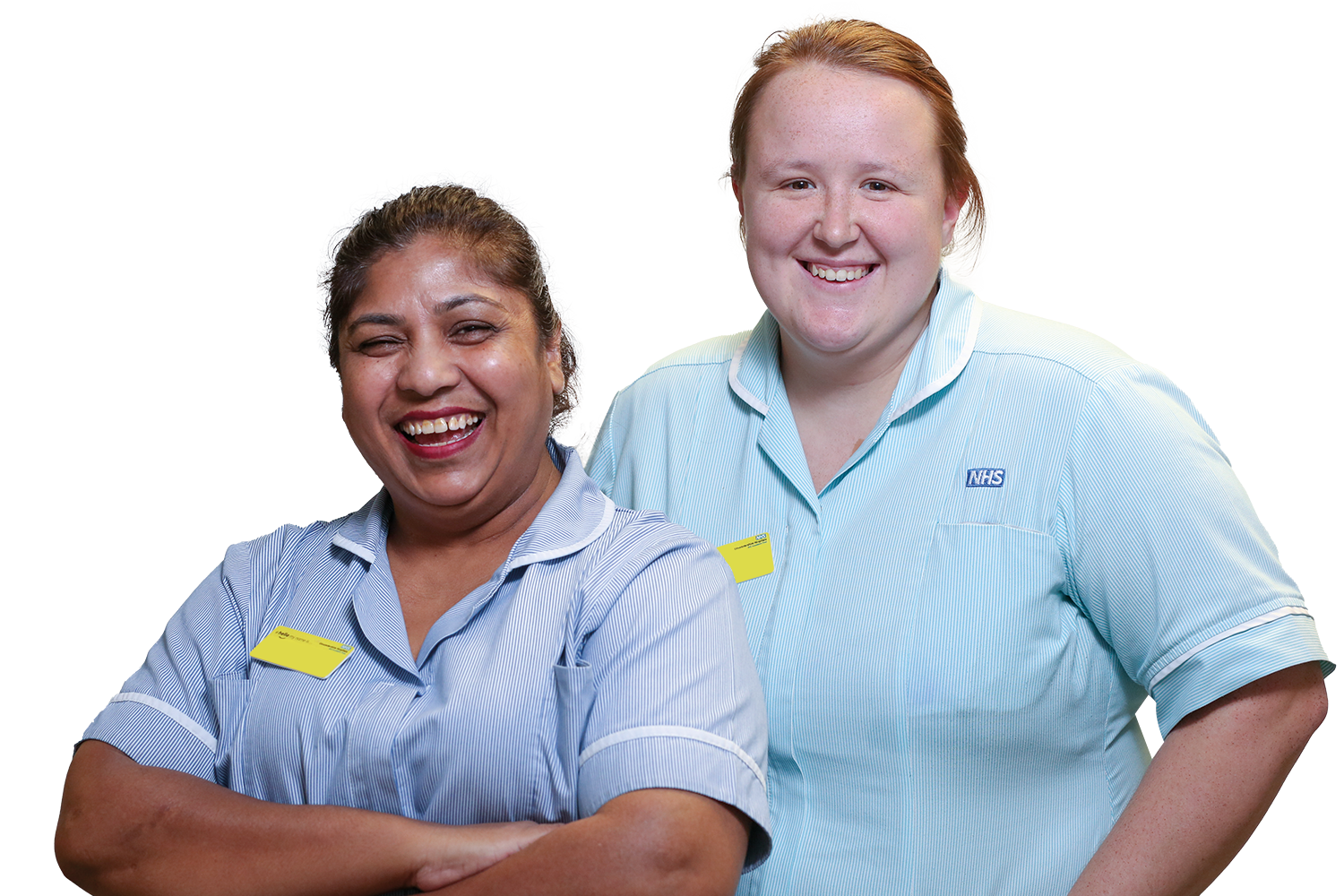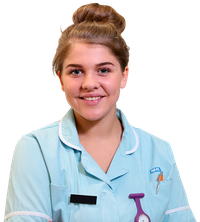CT Gamma Scanner Technology to help patients receive revolutionary life-saving cancer treatment
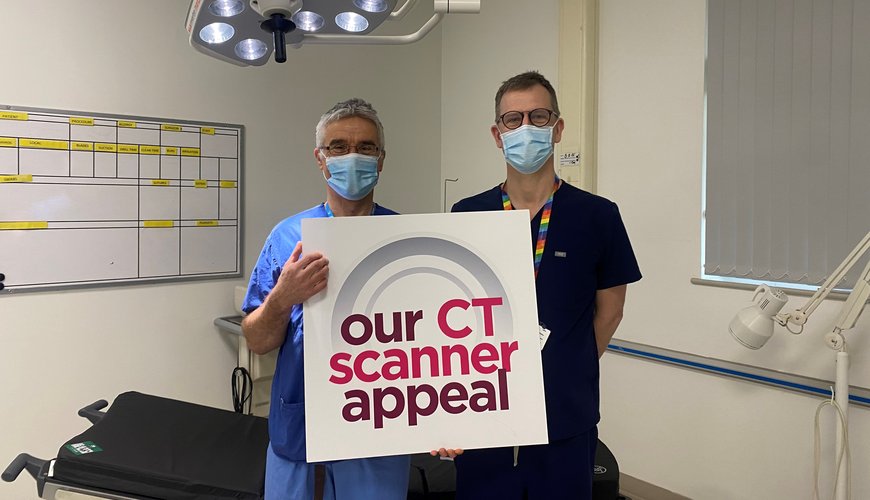 When Ian Henderson asked his dentist to look at two painless marks in his mouth, little did he know it would lead to the words no one wants to hear, ‘you have cancer’.
When Ian Henderson asked his dentist to look at two painless marks in his mouth, little did he know it would lead to the words no one wants to hear, ‘you have cancer’.
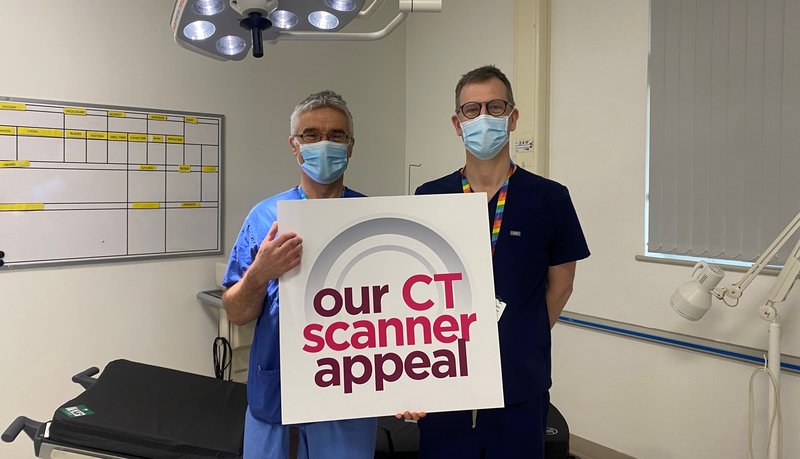
The dad-of-two, from Gloucester, was able to undergo surgery that not only removed his cancer but also took out tiny cells to help to detect if the disease had spread. This intricate surgery was made possible thanks to a revolutionary gamma scan which helps detect where the cancer may have spread so NHS staff can diagnose and give treatment at the earliest opportunity.
For Ian, the tests results came back, and he received the good news that his cancer had not spread. For others who may not be so fortunate, new state-of-the-art immunotherapy treatment can use the body’s immune system to attack the disease, and this can dramatically improve their chances of recovery.
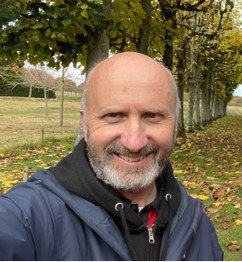
The scan is provided by a CT Gamma Scanner which is used alongside a CT scan to pinpoint the exact location of lymph nodes to be removed for analysis. Without this, doctors said patients would have to undergo a much more invasive operation .
This treatment helps mouth cancer patients like Ian, as well as those with a certain type of skin cancer, called melanoma, which is the fifth most common form of cancer in the UK.
We have launched an appeal to raise £600,000 for a new state-of-the art version of the gamma imaging equipment to help more patients receive the treatment they need. We are now over halfway and you can help us bring this technology to Gloucestershire by making a donation here.
Ian said: “When I was diagnosed it was a very surreal and scary time but everyone was so kind and professional, and it was dealt with so quickly. I can’t thank them enough really.
“I was only in hospital for one night with the gamma scan in the morning and the surgery in the afternoon and I was home the next day. There are just two little scars, one on my chest which is fading and one on my neck which you wouldn’t know was there.”
He said he would urge people to support the appeal to help more patients in the future. “If it means that more patients can be treated quicker, then this can only be a good thing,” Ian, 61, said. Ian is also urging people to get things checked out if they are worried about anything.
“I just had these two marks on my tongue that didn’t change shape or anything and I had no other symptoms. I never really thought it would be cancer. I would urge anyone if you see something on your tongue or in your mouth, then ask somebody, don’t ignore it.”
One of the most common places for cancer to spread first is to the lymph nodes which are essentially small bodily filters located in areas such as the neck, armpit and groin.
Consultant Maxillofacial Surgeon at Gloucestershire Hospitals NHS Foundation Trust, Daryl Godden, said: “A standard scan such as a CT or MRI may show there is no evidence of cancer, but it doesn’t mean to say that there aren’t microscopic amounts of disease in the lymph node which are too small be detected.
“This gamma scan helps us to locate the node and remove it for tests so a patient who needs it can begin the immunotherapy as soon as possible.”
Dozens of patients a year undergo this procedure and without this gamma scan to pinpoint the nodes, doctors would have to remove a large area around them to ensure they have removed the right cells.
More than 500 people have been treated for melanoma since 2019 in Gloucestershire and around 150 patients are treated for mouth cancer in Gloucestershire each year.
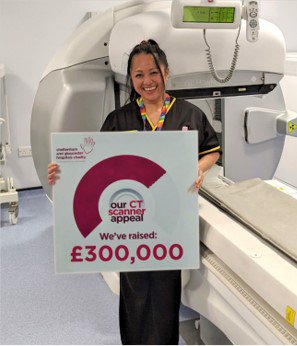
Fellow Consultant Maxillofacial Surgeon Simon Whitley said: “Head and neck cancers are relatively rare compared to skin cancers which are incredibly common and rates of both are increasing in the UK. In the South West skin cancer rates are high, because of the increasing exposure UV radiation.”
“If you have a melanoma which is caught early, the chance of you making a full recovery after treatment is extremely good. Identifying those patients where the cancer has spread to the lymph nodes means they can often receive immunotherapy treatment which has transformed the outlook for these patients in recent years. For some mouth cancer patients, this biopsy can spare them from a much bigger operation and reduce the time they spend in hospital and lead to a much speedier recovery.”
The new CT Gamma technology will help thousands of patients every year, from people with cancer to babies to patients with neurological conditions such as Parkinson’s.
To make a donation, please visit here or call 0300 422 3231. Thank you to everyone who chooses to support!
Making hospital life better
